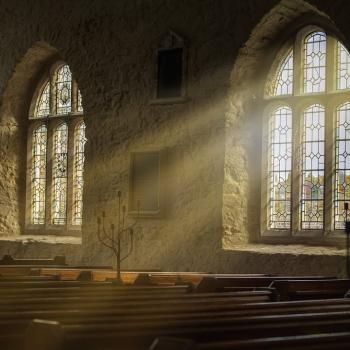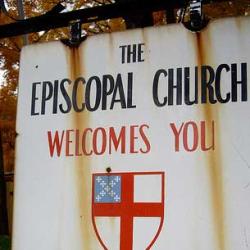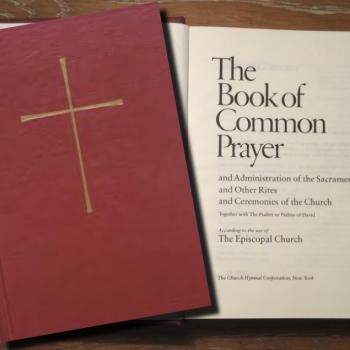 Like most Episcopalians, I am delighted that Presiding Bishop Michael Curry’s wedding sermon received such a warm reception this last week. In a fashion true to his own formation, Bishop Curry delivered a sermon that was, at once, true to his convictions and tailored to the occasion.
Like most Episcopalians, I am delighted that Presiding Bishop Michael Curry’s wedding sermon received such a warm reception this last week. In a fashion true to his own formation, Bishop Curry delivered a sermon that was, at once, true to his convictions and tailored to the occasion.
What has received too little attention is the potential sea change that it signaled. Under the jurisdiction of the monarch, St. George’s Chapel has been the site of royal weddings dating back to 1863. This is the first time that any of those services featured an African American preacher. William Wilberforce must have been singing alleluias. It is striking how long and how thoroughly impervious the Anglican Church in the UK and in the northern hemisphere has remained to a diversity of Christian voices from around the world.
But we are and have been impervious to those voices. So, if anything what concerns me about the celebration of Bishop Curry’s success is the absence of any soul-searching among the members and clergy of his flock.
Some of the questions I find myself asking are these:
What does it say about our tradition that the Royal Wedding stood out as a rare and exceptional moment in the history of the Anglican Church? Why did it take this long for any hint of Wilberforce’s vision to find some small (and, inevitably, transient) expression?
If this is, as the Episcopal News Service suggests, an evangelistic tour de force, what does that tell us about the strength of our witness? Are we really that dependent upon an exceptional media-driven moment? And what’s next? Do we have the imagination and devotion to sustain that effort?
In what ways will we embrace those other voices? Are we capable of embracing our brothers and sisters around the world? Or are we just as likely to cut them loose over our differences, as we were the week before the Royal Wedding?
Are we ready to acknowledge that the class-driven nature of our common life has delayed this day for so long? And are we willing to take the steps that are necessary to welcome other voices into our churches?
Are we ready to revitalize old parishes and plant new ones? Or are we simply going to hope that people will walk through our doors, where all too often the unspoken message has been, “Everyone who should be an Episcopalian is an Episcopalian?”
I am happy for this moment. But the celebration of Bishop Curry’s sermon illustrates underlines just how thin our own collective witness to the work of Christ has been. And this moment will pass. There are only so many times we will be able to post and re-post videos of the sermon and the subsequent interviews on television.
So, the most important question we might ask ourselves is, “What next?”












